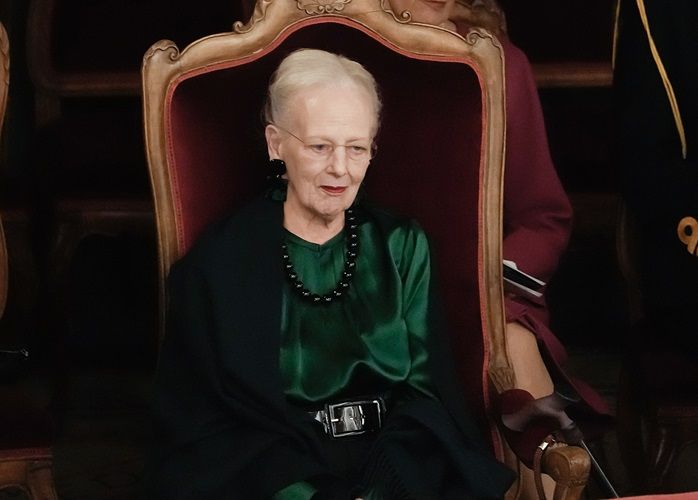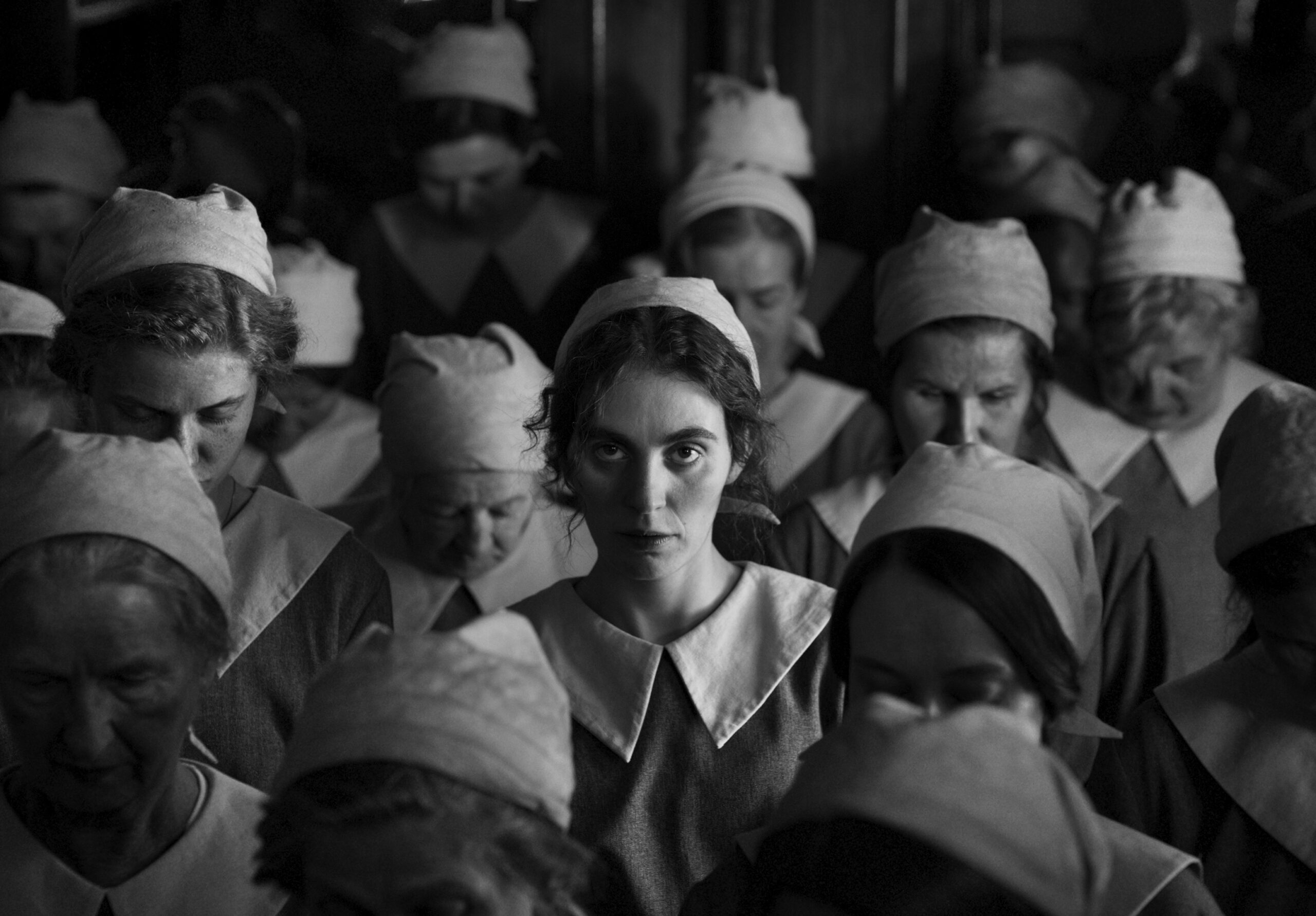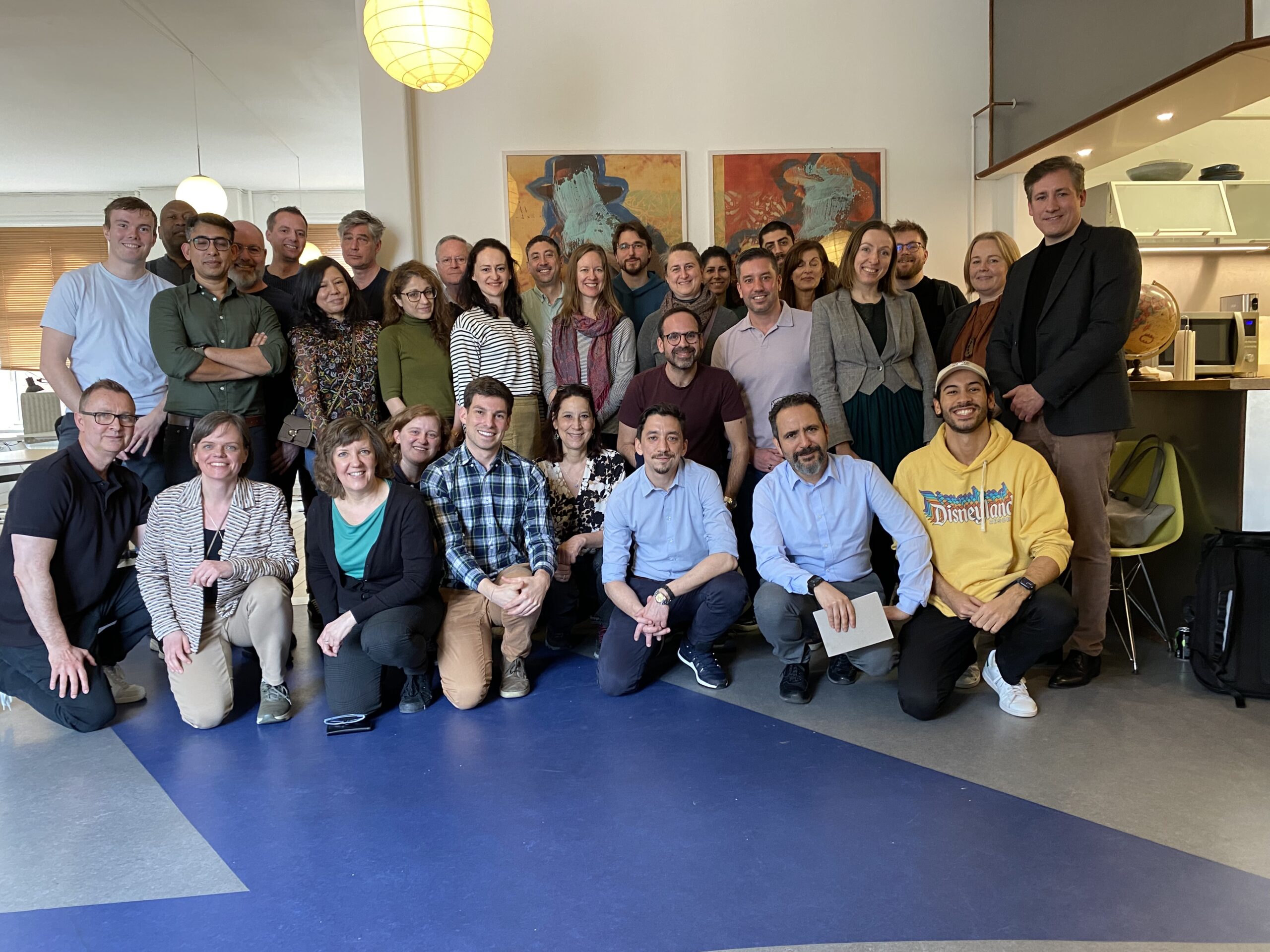Your basket is currently empty!
Film institute: Non-ethnic Danes don’t sell
“Films featuring cast members with another ethnic background haven’t shown to be especially sellable in the provinces.”
So read a rejection letter obtained by Information newspaper from the state-run Det Danske Filministitut (DFI) to the film agency ASA Film. The film company had applied for financial support for its children’s film 'MGP Missionen', and while DFI described the film as “well-meaning and sympathetic”, the film institute ultimately rejected the application because it deemed the film would not have “sufficient potential to hit the broad family market”.
Part of that reasoning, DFI argued, was that the film features cast members who are non-ethnic Danes.
“For us in Copenhagen, it is very natural and obvious to portray a multiethnic/multicultural environment, but in the provinces it is unfortunately another case,” the letter obtained by Information read.
While ASA Film did not wish to comment directly on the rejection, the letter’s message was criticised by the chairwoman of the actors’ union, Dansk Skuespillerforbund.
“I must admit that I really thought we had come further than this,” Dansk Skuespillerforbund chair Katja Holm told Information. “We all have a responsibility in this area, and that applies particularly to DFI. Furthermore, I don’t think they are correct when they write that people in the provinces aren’t interested in seeing brown people. This is something DFI should document, or otherwise it’s just a hunch.”
The plot of 'MGP Missionen' revolves around a 12-year-old ethnic Danish boy who moves from western Jutland to Nørrebro and finds himself mostly surrounded by non-ethnic Danes. He eventually befriends a young girl named Sawsan and convinces her to participate in the children’s song contest Melodi Grand Prix against her Muslim family’s wishes. When the two kids travel to Jutland to compete in the contest, their parents travel from Nørrebro together and slowly get to know each other despite their cultural differences.
DFI, which operates under the Culture Ministry, distributes millions of kroner each year to support various film projects. DFI’s director for production and development, Claus Ladegaard, called the rejection letter’s reference to ethnicity “very unfortunate”, but contended that the film was rejected for other reasons.
“In this particular case, there was a very well-founded rejection of a film that our decisions' board assessed would not appeal to a large enough audience. The sentence in question is a ‘besides-sentence’, which I aplogise for deeply because I don’t think it is correct or appropriate. It is a very, very unfortunate formulation, but it is not the reason that the film was rejected.”
Ladegaard said that the rejection letter contained a series of arguments for the film’s rejection, but those reasons were redacted in the document obtained by Information. He also added that, as far as he was aware, DFI had never rejected a film due to the ethnicity of its cast members before.
“We’re not sitting here and weeding the brown actors out of white films,” he told Information, adding that he had spoken to the DI’s support board to ensure such a formulation never appeared in a rejection letter again.
-

More and more international couples come to Denmark to be wed
·
Rather simple marriage conditions are bringing international couples to wed in Denmark. The number of international couples marrying in Denmark…
-

“Yes” to collective agreement for government employees
·
An average salary increase of 7.4 percent for government employees is in place.
-

Free cakes for Copenhagen nursing homes at Queen Margrethe’s birthday
·
It has become a new classic to mark Queen Margrethe’s birthday with cakes for the city’s nursing home residents. Tuesday…
-

Two Danish Palm d’Or nominees at Cannes Film Festival 2024
·
At the 77th Cannes Film Festival, taking place from 14 to 25 May 2024, two films with a Danish connection…
-

Internationals have a voice – but it’s not easy to be heard
·
On Saturday 30 internationals met at Copenhagen Post’s premises. The atmosphere was energetic and the engagement great, as the participants…
-

High likelihood of shooting stars at the new Dark Sky Park Mandø this summer
·
The small island of Mandø is located off the Danish west coast, in the UNESCO World Heritage recognised waters of…
-

Jagger burger chain in name dispute with legendary rock singer
·
The Danish burger chain Jagger is embroiled in a name dispute with frontman of the band The Rolling Stones Mick…
-

Denmark to collaborate with Czech Republic on pan-European ID app
·
Denmark and the Czech Republic have signed a cooperation agreement to develop a pan-European ‘digital identity wallet’. At an EU…
-

BREAKING: Ex-Chief of Defence threatens to sue Ministry for unfair dismissal
·
Ex-Chief of Defence Flemming Lentfer is threatening to sue the Ministry of Defense for unfair dismissal, according to information in…
-

Demand for crisis preparation and response courses soars
·
In just a few years, the number of signups for the Association for Emergency Preparedness’ crisis preparation courses has exploded. …
-

Employment and Integration Mayor wants more schooling options in Copenhagen
·
Copenhagen’s Employment and Integration Mayor Jens-Krisitian Lütken has called for more privatskoler (private schools) and friskoler (free schools) to be…
-

STEM-universities told to cut Master’s degrees despite acute national demand for IT specialists
·
In June last year, the Folketing approved a higher education reform in Denmark, in which Master’s degrees will be shortened…
Connect Club is your gateway to a vibrant programme of events and an international community in Denmark.
Career







